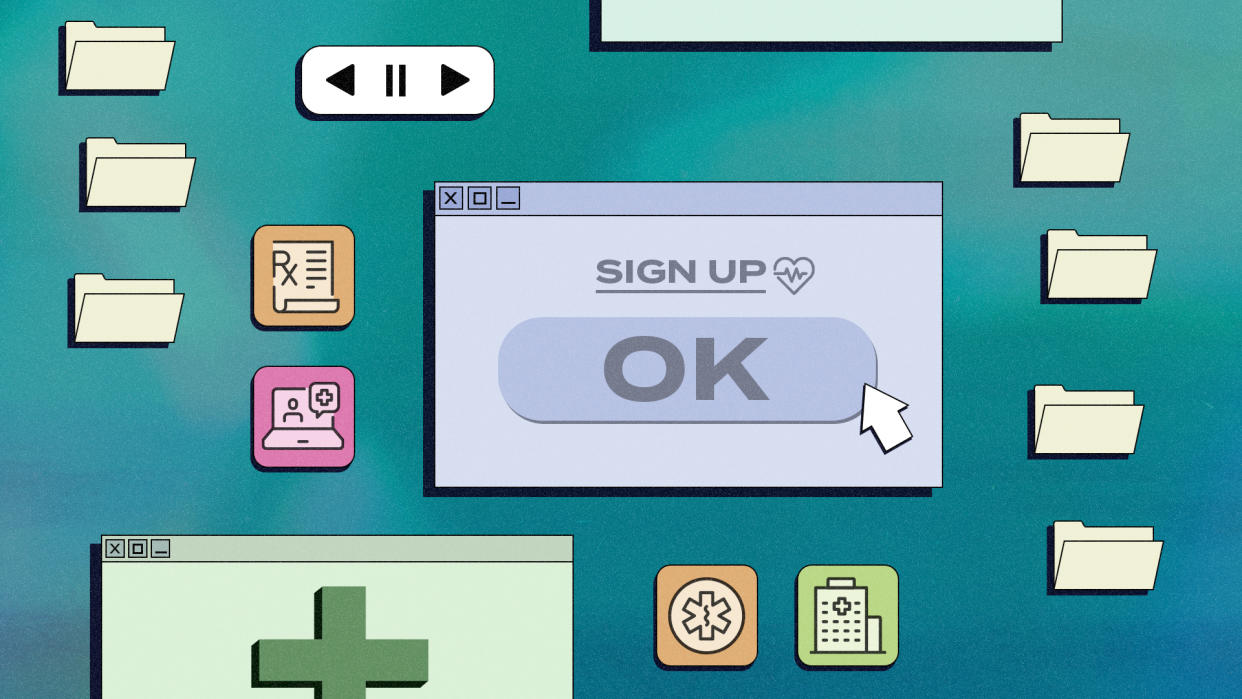How to sign up for health insurance through a state health care exchange

Health insurance coverage is one of the most important aspects of managing the finances and risk of adult life. Unexpected medical bills can derail a person’s finances overnight, and it can take years to clean up the financial mess that can occur. The Affordable Care Act, also known as Obamacare, looked to provide access to medical insurance outside of work-related plans.
This legislation was signed into law in 2010, and citizens of certain states have access to their state’s health care exchange versus the government exchange HealthCare.gov. If you live in a state with its own exchange, you’re probably wondering how you sign up for insurance the next time you're eligible? We’re going to share what to look for and how to prepare while keeping in mind that each exchange is a little bit different in each state.
It’s also important to note that signing up for health insurance through a state exchange may vary depending on the state that you live in and the insurance companies that participate in your state’s exchange.
Why use a state health care exchange?
There are a number of reasons why you may be considering using a state health care exchange. Applicants 26 and older are no longer eligible for their parents’ plans — and even some under 26 can lose access to their family’s coverage in certain situations.
States also allow for qualifying events that give people access to the exchange. Qualifying events could include the following:
Losing your job
Leaving a job for a new company that does not offer health care
Moving to a new state
Change in marital status
How to find coverage in your state
Wondering how to find out if your state has its own health exchange? Go to HealthCare.gov, click the “Get Coverage” button and type in the name of your state. If it’s on the exchange, you’ll see a green button that takes you to your state marketplace.
Before you begin the application process, you’ll need the following information:
Social Security number
Previous year’s tax return
Employment information
Relevant health information
Finally, before you get started, you should have a general idea of what type of coverage you’re looking for and the amount you would like to pay for it.
How to navigate the exchange
Once you’ve determined that you’re applying for health insurance on a state exchange and collected the documentation needed for the application, it’s time for the next steps. You’ll need to set aside around 30-45 minutes for the process.
First, you’ll have to build a profile. Be prepared to create a username and password. You’ll need to remember your login credentials when it comes time to re-enroll the following year.
Next, choose your plan. There are a few key things to keep in mind when deciding what type of coverage you want:
What’s your budget? How much can you afford to pay for a monthly premium? Having a budget in mind will help narrow down the policies you should consider.
Do you qualify for a discount? During the application process, you will find out if you qualify for a discount before signing up for coverage. Simply enter your information, and the system will let you know if there are any available discounts in your state.
Are you taking prescription medications, and which policies will cover that care?
Does your policy have a deductible, and what is the maximum amount you would like to pay? Your deductible is the amount you’ll spend on medical expenses before your insurance coverage kicks in. Often, the higher the deductible, the lower your monthly policy amount.
What does access look like for your policy? Will you be able to find a doctor easily in your town, or will the insurance company have in-network or out-of-network coverage? This could significantly impact where you get medical care.
Most exchanges will allow applicants to review their policies before signing up or have insurance agents you can work with during the process.
Research — and be thorough!
Insurance is crucial in protecting both your health and your wallet. If your place of employment doesn’t provide health care, state exchanges offer an affordable way to purchase your insurance. Try to gather all the information you’ll need — enrollment dates, eligibility factors, how much you can spend, and so on — before beginning the enrollment process.
View the original article at Chegg Life and signup for the Chegg Life Newsletter
Related...

